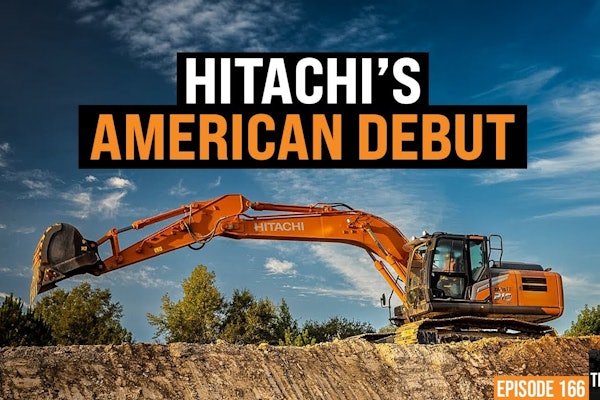Dodgeball and Other Great Congressional Games
By Kirk Landers
Early last month, our “parliament of dunces” completed a fiery session of Congressional dodgeball — that’s where life flings issues at the champions of the hill, and they duck and dodge each one while maintaining a steady flow of loud invective that manages to be angry and meaningless at the same time.
 [email protected]
[email protected]Among dozens of other things, the body politic didn’t deal with the debt crisis and didn’t pass a transportation act. The latter is nearly two years overdue, and the uncertainty of federal funding has reduced America’s road program to pavement maintenance work — this, at a time when major construction is needed and would employ millions of people who are not currently employed.
Congress’ culture of smug failure was further advanced at the close of the summer session by 14 Republican senators who introduced a bill that would allow states to opt out of the federal-aid highway program. The so-called State Transportation Flexibility Act would allow states to just take the federal fuel taxes collected in their states and run.
Predictably, the signatories to this act represent states that pay more into the Highway Trust Fund (HTF) than they receive.
Seems reasonable, right? Especially in today’s me-first/you-suck culture. Why should the good people of Texas or Louisiana put up a fraction of a cent per gallon to maintain a national highway system that covers states such as Montana and Alaska, vast geographic areas with small populations?
Indeed, one of the perennial leaders of this movement, Arizona Sen. John McCain (R), would like to do away with the federal program altogether. And hey, why not? What business does the government have in roads, anyway?
Well, the simple answer lies in what our road system was like before the federal program blossomed into its modern form and brought us the Interstate Highway System, not to mention the huge improvements in road design and safety that now characterize highway travel in these fractiously united states of ours. Without a federal overseer, primary roads were subject to local whims, not only in terms of quality, but also in terms of where they went. Getting from coast to coast took Dwight D. Eisenhower weeks when he tried it in 1919.
But there’s a bigger issue than the practical one: Are we actually a country any more, or have we become a nation of money-grubbing morons so focused on our own navels that we no longer wish to work together to accomplish great things?
Evidence of the latter starts with Arizona Sens. McCain and John Kyl (R), who is also the Senate Minority Whip. They represent a state that relies on other states for things like water, energy and everything that arrives in this country through a seaport.
Louisiana is worried about getting cheated by the feds on roads, but that state has received billions and billions in federal aid to help its recovery from hurricane devastation.
Several Southeastern states signing on to the fuel tax act get huge infusions of federal money for the military bases they house. That especially includes Texas, where military construction has played a significant role in helping that state sustain one of the strongest economies in the United States during the Great Recession while dozens of military-donor states suffer.
So how about we let the fuel-tax-donor states go their own way, and the military-spending-donor states go their own way, and the port states, and the water states, and so on and so on?
The idea is so stupid it probably doesn’t rate a column in a trade magazine. And yet, in this Congress of dunces, that’s what passes for great thinking from 14 percent of the Senate.










